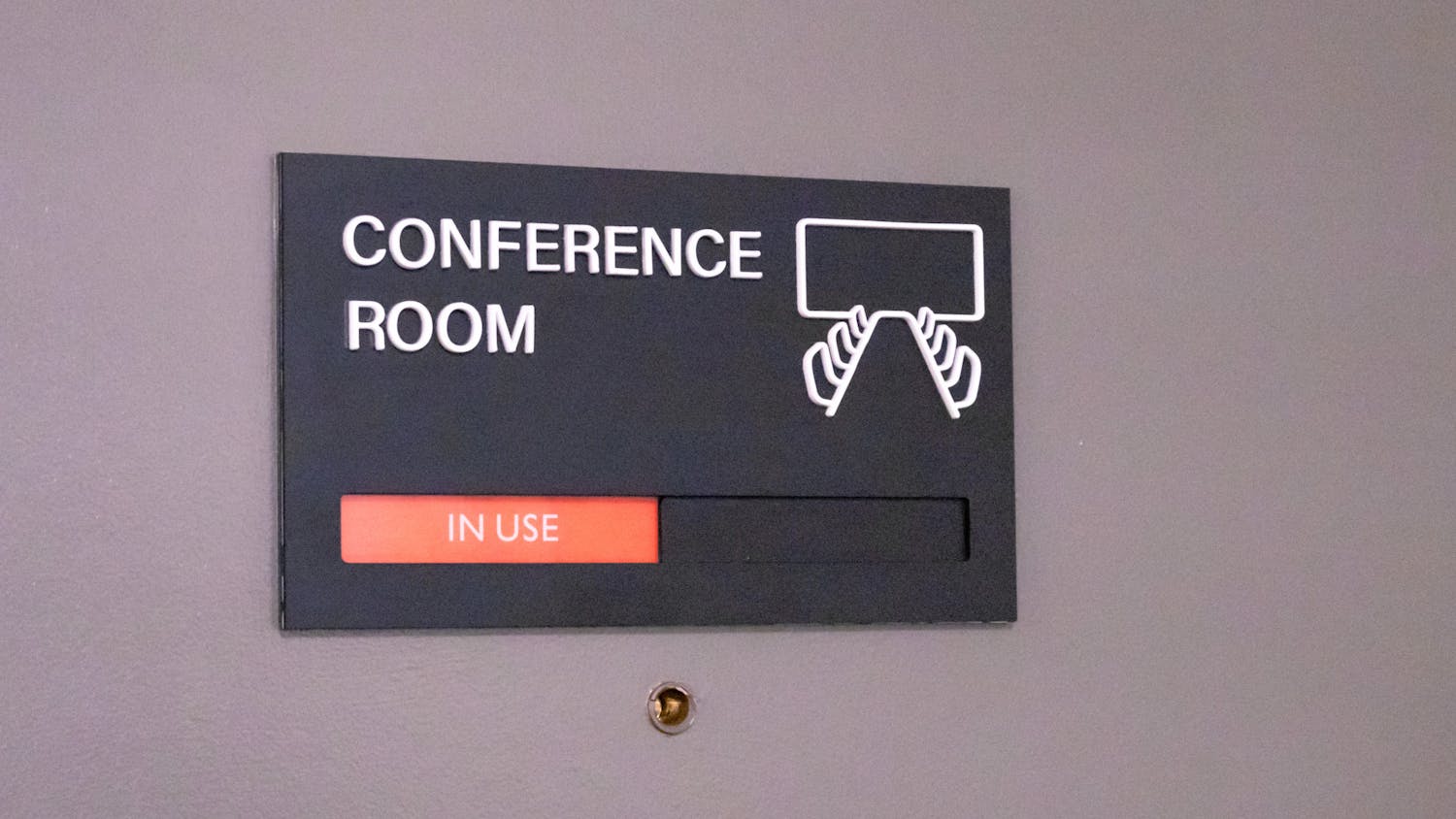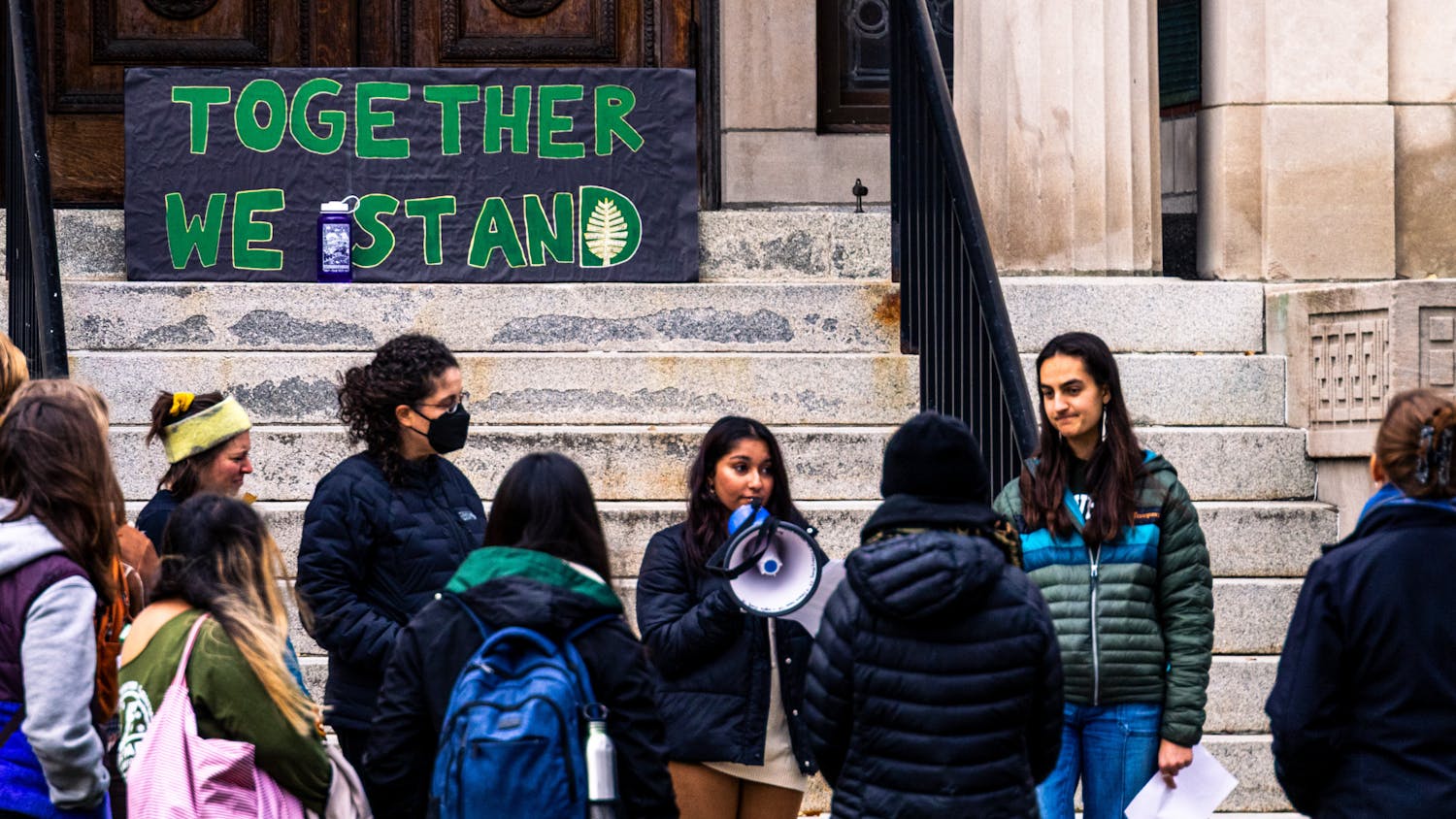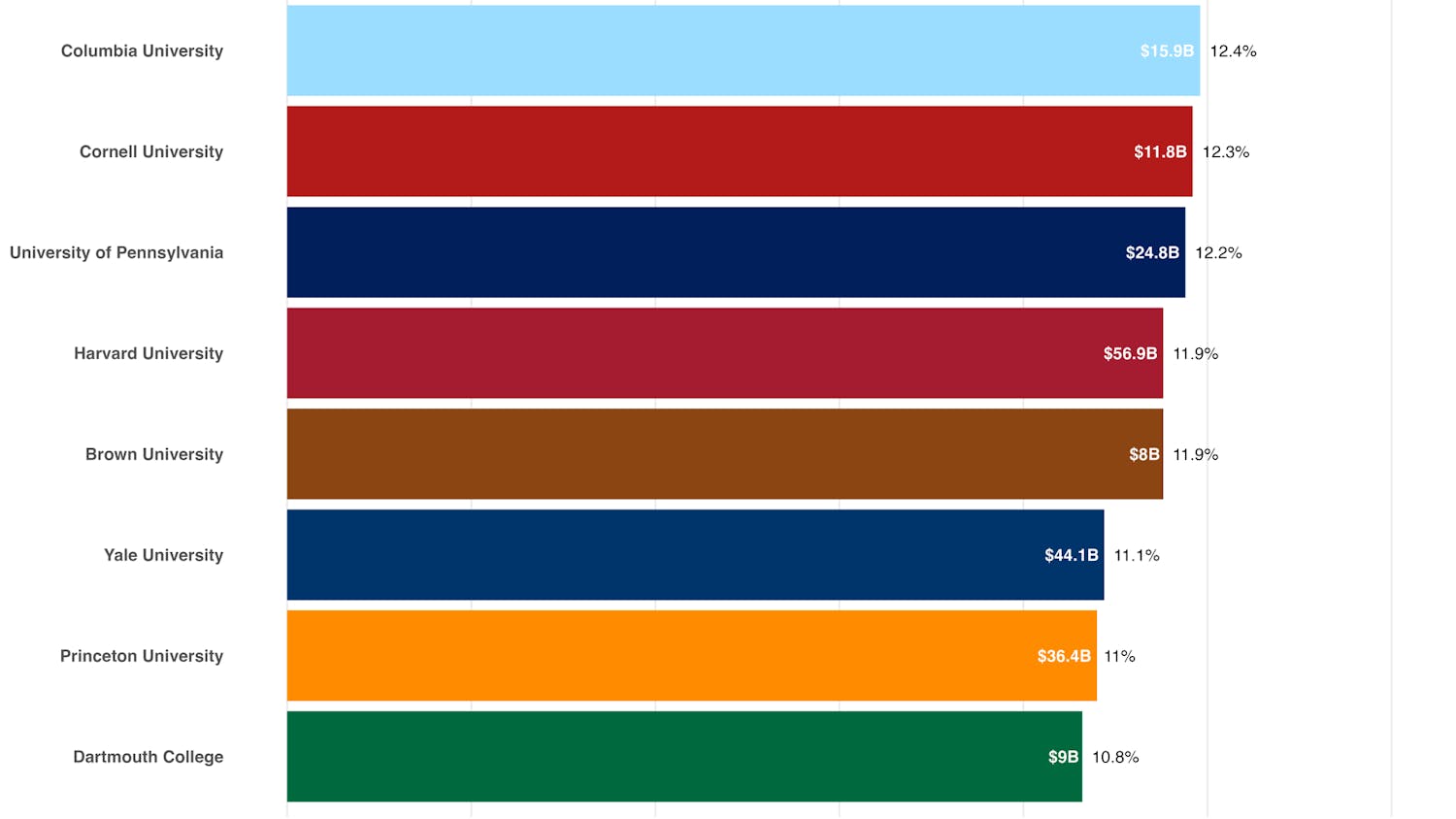The New Hampshire House of Representatives voted 178-167 on Wednesday to approve the state Senate's version of a bill legalizing same-sex marriage. The bill will now move to the desk of Gov. John Lynch, D-N.H., who has previously said that he does not support gay marriage. Lynch has not yet announced whether he will sign the bill, veto it or take no action, in which case the bill would automatically become law.
Lynch has been the subject of intense lobbying from groups on both sides of the debate.
Lynch has repeatedly stated that he believes the word marriage should be reserved for the union of a man and a woman, and declined to comment on Wednesday.
The bill will be reviewed by the New Hampshire secretary of state in the coming days, before being presented to Lynch. According to New Hampshire state constitution, Lynch has five days, excluding Sunday, after the bill reaches his desk to make a decision. If Lynch does not veto or sign the bill, the legislation will go into effect on Jan. 1, 2010.
"I have a responsibility as governor to do what I think is best for the people of New Hampshire," Lynch said in a press conference after the House vote on Wednesday afternoon. "I will continue to talk with the legislature and with the people of New Hampshire about that bill."
The governor's office received over 2,000 phone calls, a similar number of e-mails and hundreds of pieces of postal mail from New Hampshire residents since the Senate voted last week, according to Colin Manning, Lynch's spokesman.
On Wednesday, the House approved the state Senate's version of the bill, which distinguishes between civil marriages and religious marriages. It states that religious officials cannot be obligated to officiate same-sex marriages under the law. In April, the House rejected this addition to the bill, but it was crucial to its success in the Senate.
The vote was split closely along party lines, with most Democrats voting for the bill and most Republicans voting against it.
"If you look at the latest polling, the majority of people are in favor of same-sex marriage," John Chamberlain, chair of the Upper Valley Democrats, said.
If Lynch vetoed the same-sex marriage bill, it probably would not be for political reasons, according to Chamberlain.
"It's hard to tell how what portion of the people who are opposed to gay marriage are people who vote for John Lynch," he said.
A recent poll found that 55 percent of New Hampshire residents support allowing gay and lesbian couples to marry, while 39 percent oppose doing so. The poll surveyed 491 voters from April 13 to 22 and was conducted by the nonpartisan University of New Hampshire Survey Center Poll, but was sponsored by the New Hampshire Freedom of Marriage Coalition.
Recent decisions in other New England states could also affect Lynch's decision. On Wednesday, the Maine Senate approved legislation legalizing same-sex marriage. Gov. John Baldacci, D-Maine, signed the bill into law.
Like Lynch, Baldacci had previously said he was opposed gay marriage, had not indicated how he would handle his state's bill, and supports civil unions.
His decision left New Hampshire and Rhode Island as the only states in New England that have not legalized gay marriage.
"In the past, I opposed gay marriage while supporting the idea of civil unions," Baldacci said in a statement Wednesday afternoon, "I have come to believe that this is a question of fairness and of equal protection under the law, and that a civil union is not equal to civil marriage."
The state Senate in Maine voted 21-13 in favor of the bill, and the state House voted 89-58. New Hampshire's legislative houses were much more closely divided.
Lobbying organizations and advocacy groups on both sides of the issue have focused on persuading Lynch in recent weeks.
The New Jersey-based National Organization for Marriage has made radio, internet and television advertisements urging people to write, call and send e-mails asking him to veto the bill.
"Ask Governor Lynch to make good on his promise to voters that he opposes same-sex marriage by vetoing HB 436," the group's advertisements on Facebook read.
The New Hampshire Freedom to Marry Coalition has organized phone banks and aired advertisements in support of the bill.
"Now Governor Lynch has an opportunity to protect all New Hampshire families and treat every committed couple equally," a television ad by the coalition states. "Call our governor and tell him to support civil marriage for all Granite Staters."
The group has also collected signatures from residents of Portsmouth, Keene, Concord, Hanover, Manchester, Nashua and other towns in New Hampshire, and organized a phone bank in Concord on Tuesday evening in support of the bill.
Campus groups such as Gender Sexuality XYZ, the College Democrats and the Dartmouth Coalition for Progress organized petition and letter writing campaigns before the state Senate voted and have encouraged students to contact Lynch to urge him to sign the bill.
The original version of this article incorrectly stated that Lynch would have five days after the bill's passage in the House to make his decision. In fact, that five day period does not begin until after the bill is reviewed by the New Hampshire secretary of state.




